Aliyev’s visit to Kazakhstan deepens cooperation between Baku and Astana
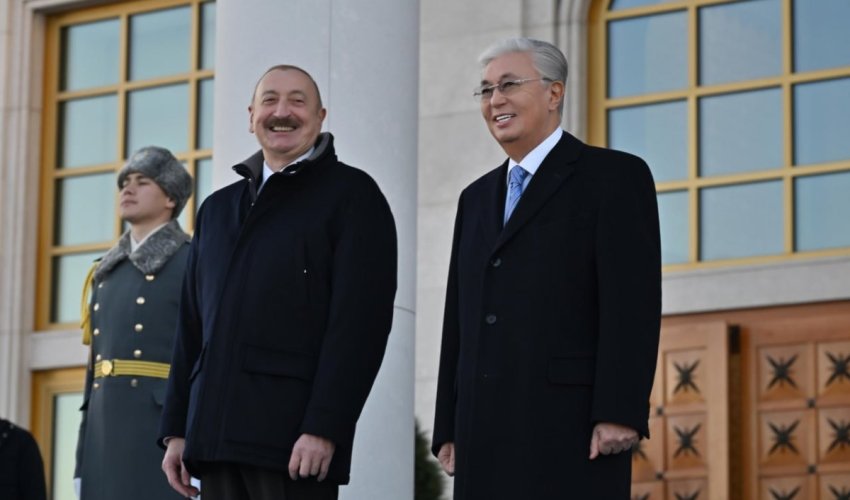
Azerbaijani President Ilham Aliyev’s two-day state visit to Kazakhstan on October 20–21 demonstrated how Baku and Astana are transforming cultural affinity into pragmatic economic cooperation. The two Caspian nations signed 15 agreements in the fields of energy, logistics, artificial intelligence, and healthcare, reaffirming their intention to become a key transport and digital bridge of Eurasia.
The main focus was the Trans-Caspian International Transport Route — the “Middle Corridor” — which both leaders pledged to expand by removing infrastructure bottlenecks and harmonizing customs and port operations. Kazakhstan’s gradual shift of oil exports from Russian pipelines to the Baku-Tbilisi-Ceyhan route, operated by SOCAR and KazMunayGaz, underscores the growing strategic weight of this corridor.
Aliyev’s announcement that Azerbaijan has lifted restrictions on transit to Armenia, allowing the first shipment of Kazakh grain to pass through Azerbaijani and Georgian territory, marked a politically significant step. If sustained, it could reshape regional trade logistics and signal a degree of normalization in the South Caucasus.
Projects in digital and green energy also took center stage. The planned undersea fiber-optic line between Kazakhstan and Azerbaijan — expected to be completed by the end of 2026 — will lay the foundation for new forms of digital trade and data sovereignty, while joint renewable energy initiatives indicate a broader rethinking of cooperation in the Caspian region.
Since 2020, bilateral trade turnover has increased nearly fivefold, exceeding $547 million in the first eight months of 2025. Both governments view momentum in logistics and energy services as critical to sustaining this growth. However, analysts warn that long-term success will depend on aligning customs systems, expanding port capacities, and addressing the environmental decline of the Caspian Sea.
Observers note that Aliyev’s visit showed how Azerbaijan and Kazakhstan are evolving from symbolic “Turkic brotherhood” into a strategic partnership built on infrastructure, energy, and technology. While these agreements may not immediately boost trade volumes, they consolidate both countries’ ambitions to lead regional connectivity projects independently of Russian networks. The real test will be implementation — whether the “Middle Corridor” can evolve from a diplomatic concept into a commercially efficient route linking Europe and Asia.
M.Ali
























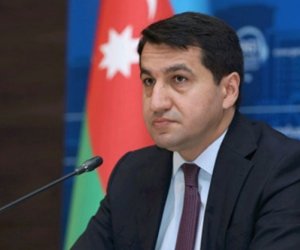
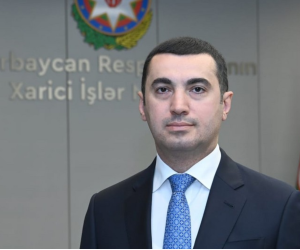
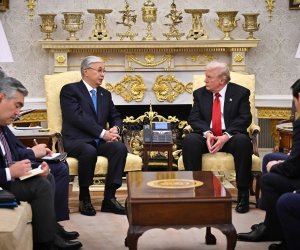

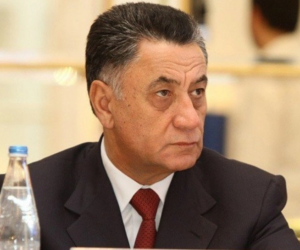







 Photo
Photo 



 Video
Video 

